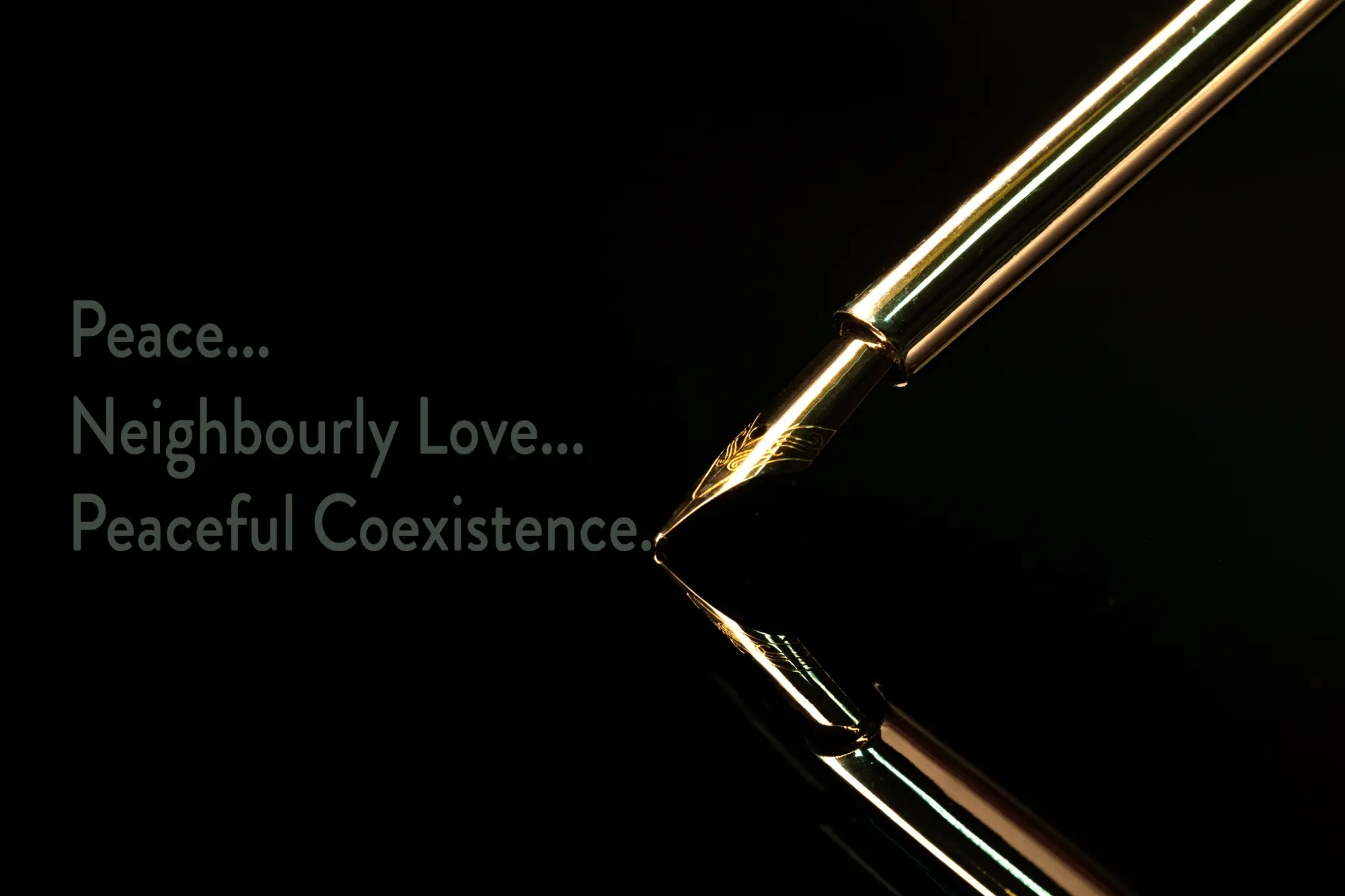Power – ‘Where From’ and Why? – Ways Out of the Vicious Cycle
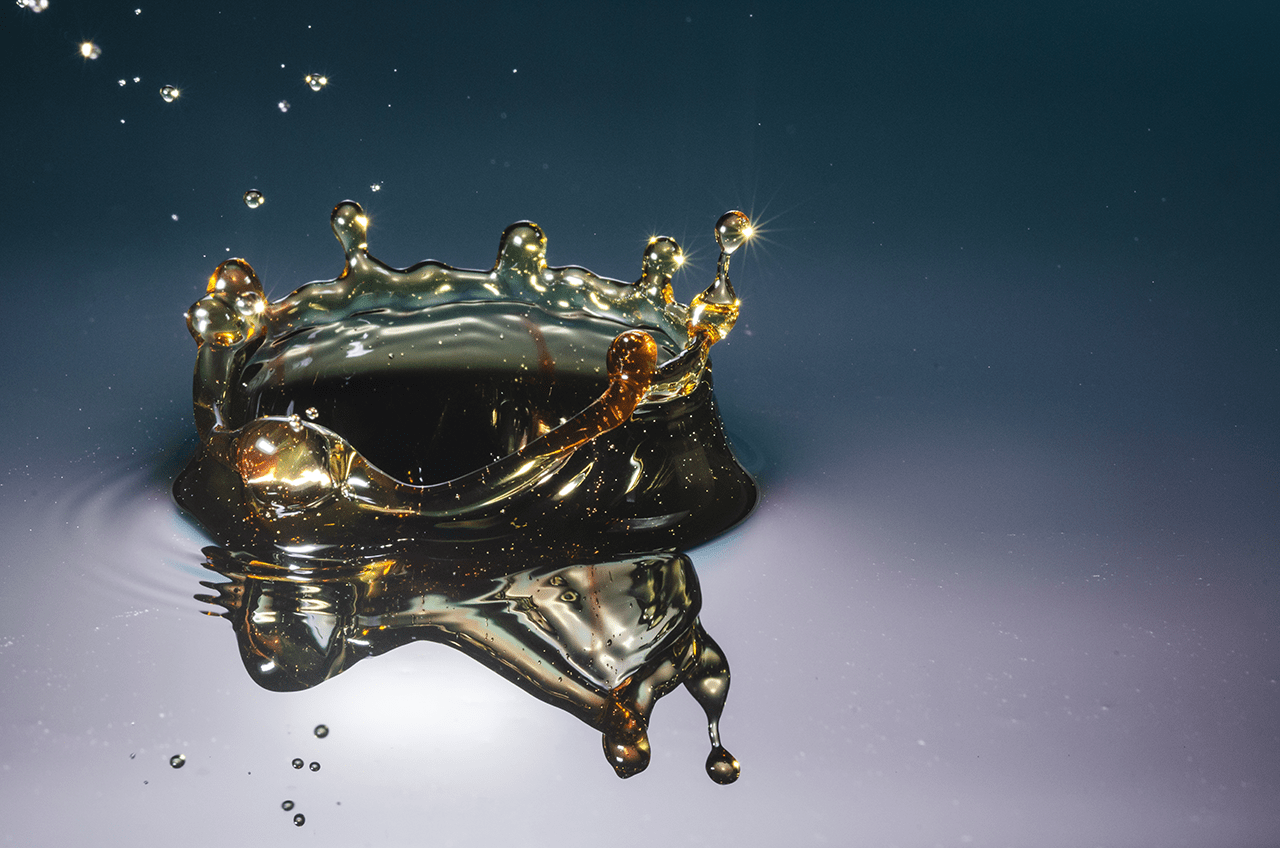
Politics make me extremely mad sometimes, and this is my way to express my thoughts:
Men are at the bottom of power being considered a desirable asset, so it seems, more precisely: Patriarchy is. The idea of man being the “crown of creation”, the reigning principle, as it were.
It’s rather painfully obvious that in turn at the bottom of that is the emotion of empowerment, which in turn can be set in relation to sexual experience directly, alas. People sometimes even admit to that in front of cameras: below you find a particularly unusual statement to that effect, ©rbb and arte.tv.
Why? Why would it be a bad thing – feeling powerful?
Because people confuse it with self-confidence!
Self-confidence in turn can have a number of reasons, shortly summarized: it comes from being confident that we exist and behave according to the standards we were taught as children and adolescents.
That’s why people in such societies feel self-confident, when they are powerful (men) or beautiful (women).
But it’s neither power nor beauty that makes us attractive and desirable – it’s self-confidence. First and last.If we base our self-confidence on new and more stable values than power or beauty we may find this earth turning into a finer place – every day.
Because too many people, and the majority of them men, are led to believe that being ‘successful’ makes you attractive – and being attractive leads (at least in most male fantasies) to more sexual encounters with willing women.
At the bottom the idea of simpletons that a ‘real man’ is defined by his ability to entice women.
There are rather disgusting examples, which I wouldn’t want to mention if I hadn’t to to be quite clear, such as the late Italian politician Berlusconi, the hopefully soon to be sentenced Trump in the US or the dictator of Russia, Putin.
Even the Russian politician Alexei Navalny – may he rest in peace and his possible if not for-sure murderers be brought to justice – or the Ukrainian president Zelenskyy are no exception alas, apparently if not obviously driven by their adoration for their wives, who both are counted by modern standards among the ‘attractive desirable ones’…
I beg the pardon of all who know them better than I could using official reliable sources, should this appear blunt and unkind, in view of their achievements, too… But I also think that their connections and some actions due to their drive for political success at least deserve looking into.
On the side: No, of course, not every man on this earth is like that, thank heaven – and their smart parents. But too many of those that are in power – or want it badly – are like that, more or less.
All this seems perhaps blunt, but to me it’s to the point at issue, namely war and destruction and suffering and hunger created too often for no real reason – and there’s a lot of evidence in the documentations, reliable newspapers and scientific research in anthropology as well as history and social sciences to make this a very likely point of view.
(The video-clip is a very short extract. Please be aware that I chose it carefully for the abovementioned statement that is contained here. Otherwise you would want to watch the full documentary here.)
1 Among a 100 People – The Iceberg Phenomenon – How to See with Your Heart
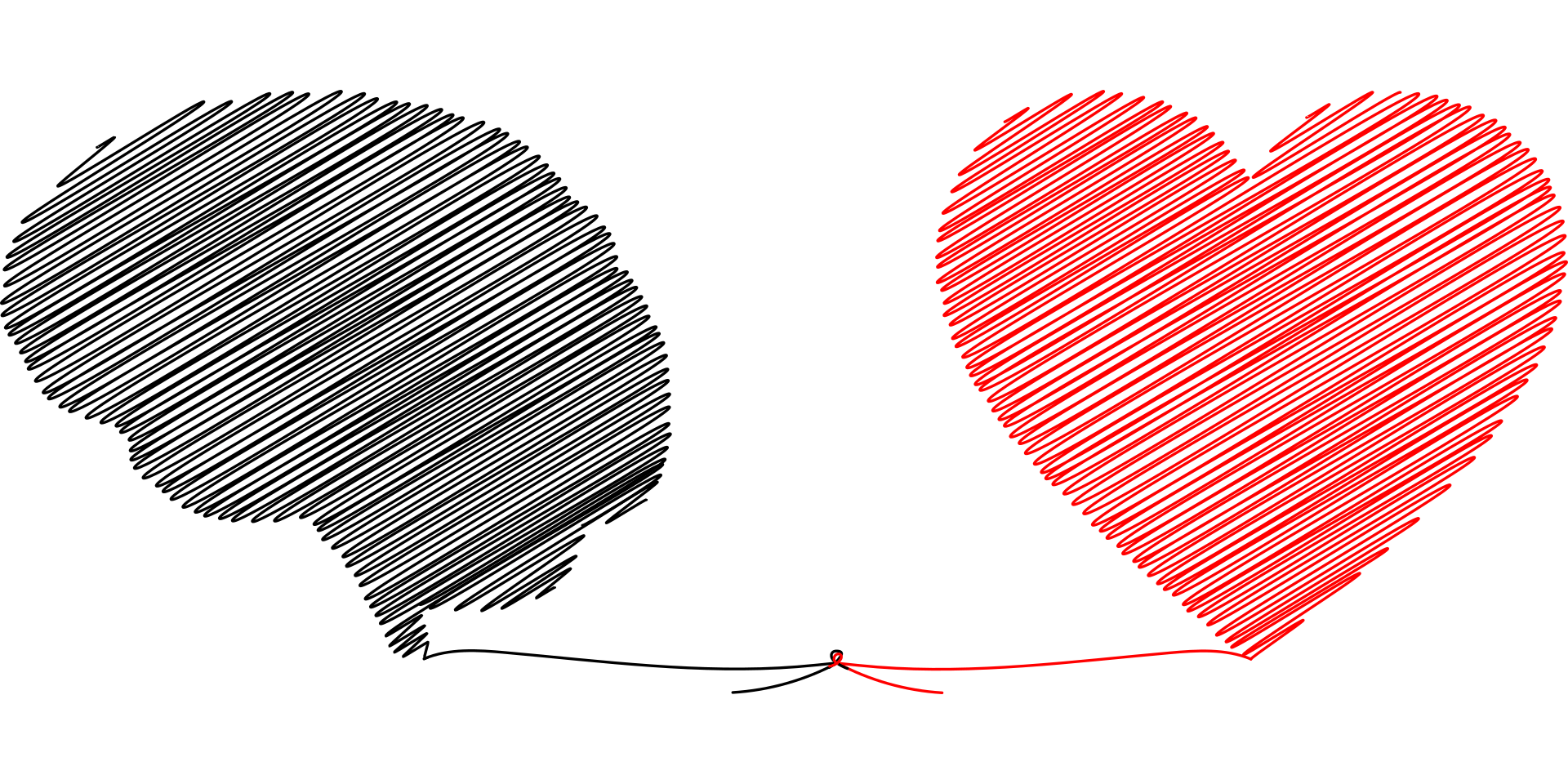
If we want to understand our peers better, it is vital to be able to relate to others: The basics of human existence, the basic needs and sorrows and joys. Knowing about them in yourself makes your ‘heart’ ‘clairvoyant’: You start to see the other’s pain, their need, you understand – and you can relate to them in new ways and find new solutions to old problems.
People are like icebergs, rarely is everything visible at once. It’s a fact that we all know to be true, at least more or less: Especially in business it’s a common idea that one should be always competent, never make mistakes…, always be fit and never lack enthusiasm. Perhaps even smile, if you can, to show that you are happy.
That means many people, even if half-consciously, behave that way; because we learn early in life from our surroundings, namely parents, family, friends and later kindergarten and school, and so on.
But sometimes people start realizing at some point that there is “more to it than meets the eye”.
Human beings have fine sensors especially as children about what is accepted behaviour and what is not. Therefore starting with early childhood they adapt to what is expected. The culture and personal background therefore are decisive aspects of what makes for the personality you meet one day around your workplace. And the personality you are.
The hidden emotions and less accepted tendencies and urges and wishes and the yearning sometimes to fulfill an inner need for something else – love perhaps, passion, adventure, or just true self-confidence because sadness and fear and childlike joy have a place again – can be strong. The self-control usually is too.
If we take into account that any culture in this world has these limitations imposed on people’s behaviour and even their thoughts and ideas that are basics for that self-control preventing them from speaking up – we will start to be able to look beyond the image. Relate to the true human being behind the business personality.
Daniel Goleman in his bestselling book called it “EQ”: Emotional Intelligence, the ability to realize the emotional side to any human thought and reaction. He states it clearly that science did eventually prove what has been part of literature, music and stories for as long as mankind exists: Emotions are the basics and central. Without them we become incapable to decide – anything.
That’s how heart and brain are connected – in a nutshell.
Statistics show too that 1 among a 100 people will speak up or contact someone when they have a problem or an issue. Therefore, looking at the small numbers in this respect can be crucial.
That’s why I use this blog to post about perhaps unusual subjects – to some of my readers. In the hopes that one or the other of them finds realization and perhaps even consolation in the fact that they are not alone with those thoughts, ideas or puzzles of human existence.
Understanding our emotions and relate to others better that way, Antoine de Saint-Exupéry put this way in “The Little Prince”:
“Here is my secret. It is very simple: you only truly see with your heart.
What is essential is invisible to the eyes.”
Pushed to Extremes – What’s Life All About?

Bungee jumping: Jump down extreme heights and be just kept back by an elastic, suspended in mid-air: Most people just do it to feel they are capable of going through extremes.
Perhaps the ‘going through hardship’ is at the ‘end of such a line’: Prove to yourself, especially, that you are capable of doing it – and perhaps find out about life…?
Growing up in protected surroundings can make you feel restless – at some point – to some it can happen sooner, to some, later in life:
What is life really all about? Why and how to live? Even with a lot of rules to your education, especially when imposed more or less authoritatively by parents and family – it’s like:
Grow up – and start breaking the rules in order to have fun…? Because grown-ups have fun they deny their kids…?
And still later, it turns out that you perhaps acquired wealth and fame and broke quite a number of rules – but sublime happiness is still denied you?
For all the promises and stories and rumours about the most exciting things you can do – and that could be all manner of things – what in some contexts is called ‘naughty’ – still something is missing?
How do I know?
Well, I know about these things partly from experience, but even more so from observation, talks and probably ten thousands of stories I read and watched.
But also from reading other kinds of literature, books, history too, but also psychology, philosophy and politics. Sociology. I also know because my parents weren’t of the authoritative kind: They reflected on rules, traditions, behaviour and language – and they explained why we would follow rules – or not.
They made us aware of what is at the bottom of human existence.
The classical free thinking: Know about ethics and why they are there and decide when you are of age, at the latest – responsibly. Responsible for mind and body – and the community, ‘neighbourly love’ -> ‘love your neighbour as you love thyself’. Sounds easy, but isn’t really, when you think about it.
Since then I did all those things, think of the consequences before I act…and decide, responsibly:
Although, I didn’t break rules just for the sake of it. Does not mean I did not make mistakes, or never hurt a soul.
But the questions of – ‘what is a human being, why is human existence what it is and what can we do to make it bearable?’
I can answer.
The main thing to me is that many people who have gone through hard times know too, what it is that keeps you going, when all is said and done:
It’s human kindness, understanding, love in all it’s manifestations, such as friendship.
To know that there are a few people who care makes all the difference.
I think, in some ways I am lucky that I’ve seen hard times, because I know for myself, for sure.
The basics in life that make us feel fulfilled and happy are also those that come with self-esteem and neighbourly love. Maslow’s pyramid of needs after that.
And the eternal Buddhist concept: Avoid pain.
Consenting Adults? – The Two Taboos Broken
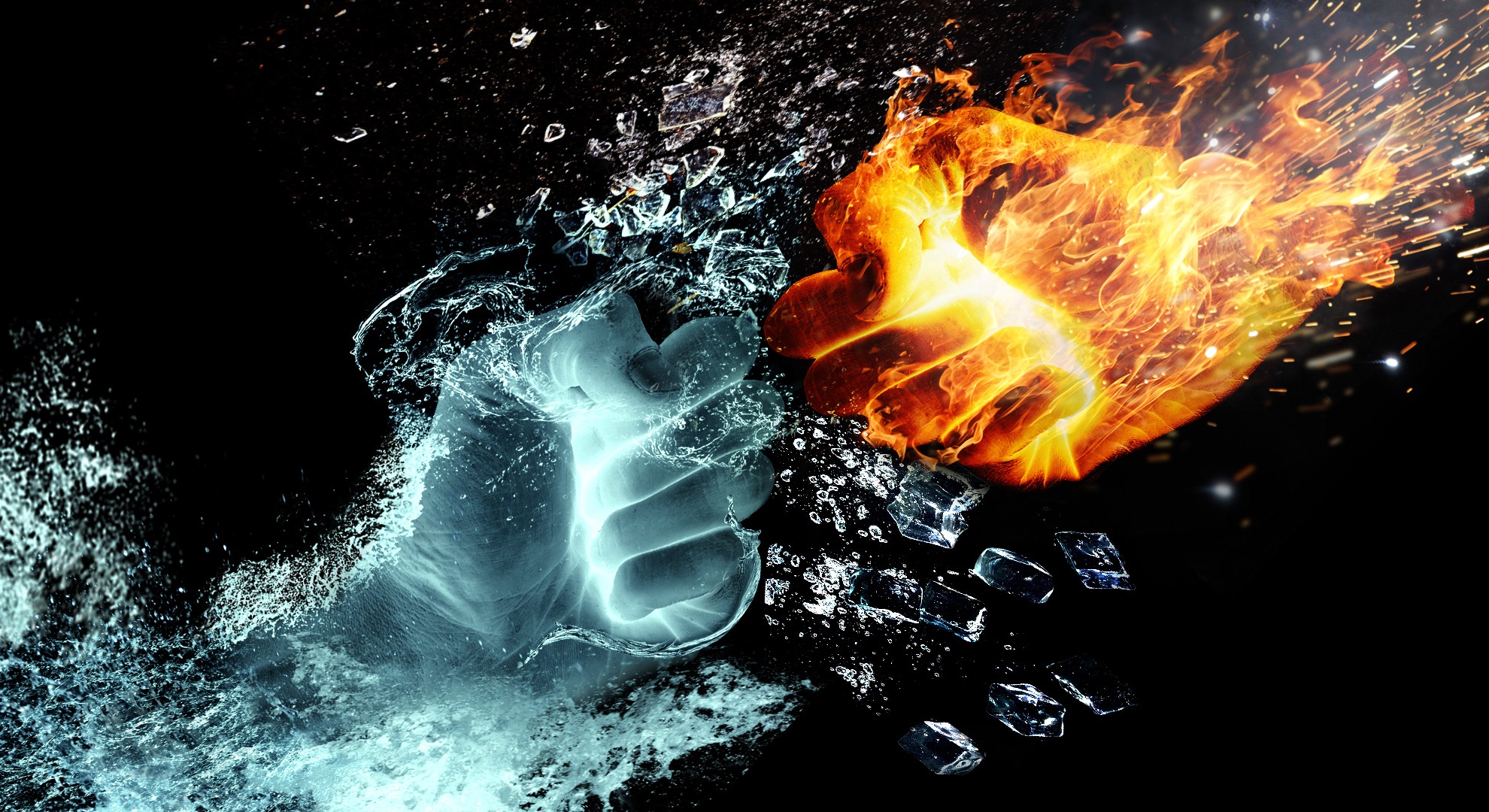
There is a way of putting this succinctly and shortly. In human passion these two taboos apply:
-
- Never do it forcefully.
- Never do it with children.
This amounts to: Consenting adults!
Anything that amounts to deeds done or winked at or profited by or used by breaking these two taboos… is not only a punishable offence.
It is cruel and dreadful and the consequences are among the most tragic imaginable. It’s among the worst possible types of torture possible to inflict on human beings – especially children!
It should be treated with the harshest reaction by law possible.
Another extremely sad case has been made known in the past couple of days. The perpetrator not only is a ‘public person’, he is – or was – a respected actor of traditional stages all across the country and beyond. He has admitted – in consultancy with his lawyers – to the crime. There is no question about his guilt.
No work of art, no profit and no award should be made available by or to someone by anyone going forward from the day the facts have been assured. None.
Perfect Parents – Perfect Children…? Present-Day Western Rules of Education

Since World War II, after dreadful events had taken place and crimes had been committed – as well as endured – by millions all around the globe, a general question arose:
How can this be prevented to happen again?
Education by ‘perfect parents’ raising ‘perfect children’ so it seems to this day…
The subject is not new to my blog but it presents itself in different shapes, repeatedly…
First Research on Best Educational Practices
The research done with fervour and some very valuable findings made it clear what was needed: Education as a self-determined and free-thinking individual enabled to resist dumb orders was being defined as an important aspect.
Educational best practices were formulated and are to this day:
What do parents and especially mothers do and what should they avoid in order to raise children that are prepared?
Business Aspects Taking Over
Yet, another aspect crept in a little while later, basically throughout the 1980s, when more people wanted more jobs and at the same time business limits seemed to fall, profits sky-rocketing in certain areas.
It appeared clear at the time that not just any education but only the very best would ensure a profitable job.
The result was an even more intense, not to say feverish, search for the rules of behaviour in parents that would create ‘perfectly prepared children’.
Modern Psychology Roots
Ever since Sigmund Freud had published his research on the power of mothers, and eventually parents, ideas also flourished that adjusting parents would do the trick:
Prevent mental disorders, fears and insecurities or even suppressed urges.
His research to this day stands tall. No doubt about it.
Humans Like So Many Devices…?
But the idea that humans are ‘adjustable’ and ‘tunable’ to the point of representing a perfect model or ideal, is not Freud’s.
It is the result of the above-mentioned developments and history in a modern Western world that believes in – some parts of it – the feasibility of anything.
Like putting a car into the ‘shop’ to be repaired, soul as well as body are often treated like so many parts that can just be replaced or ‘repaired’.
Well-adjusted, ‘successful’, wealthy and always top-of everything and everyone or -where, these children are also always happy.
Or are they?
Conclusion: Don’t Force Them Into a Mould
Forcing people into ‘moulds’, into ideals, can end like the famous children’s story of the piglet a farmer wanted to raise as a cube:
He put it into a large wooden box and fed it. And lo and behold the piglet became a square pig… But one day the farmer opened the box.
And nature took its course: The pig rounded out again, as pigs usually are shaped.
Forcing children into a mould in the best case ends a little like that piglet: They will find their true nature again, one day.
In the worst case they will be warped and become seriously unhappy or even sick of body and soul.
“Children are guests asking the way.”
The Mistaken Rumour About Victims
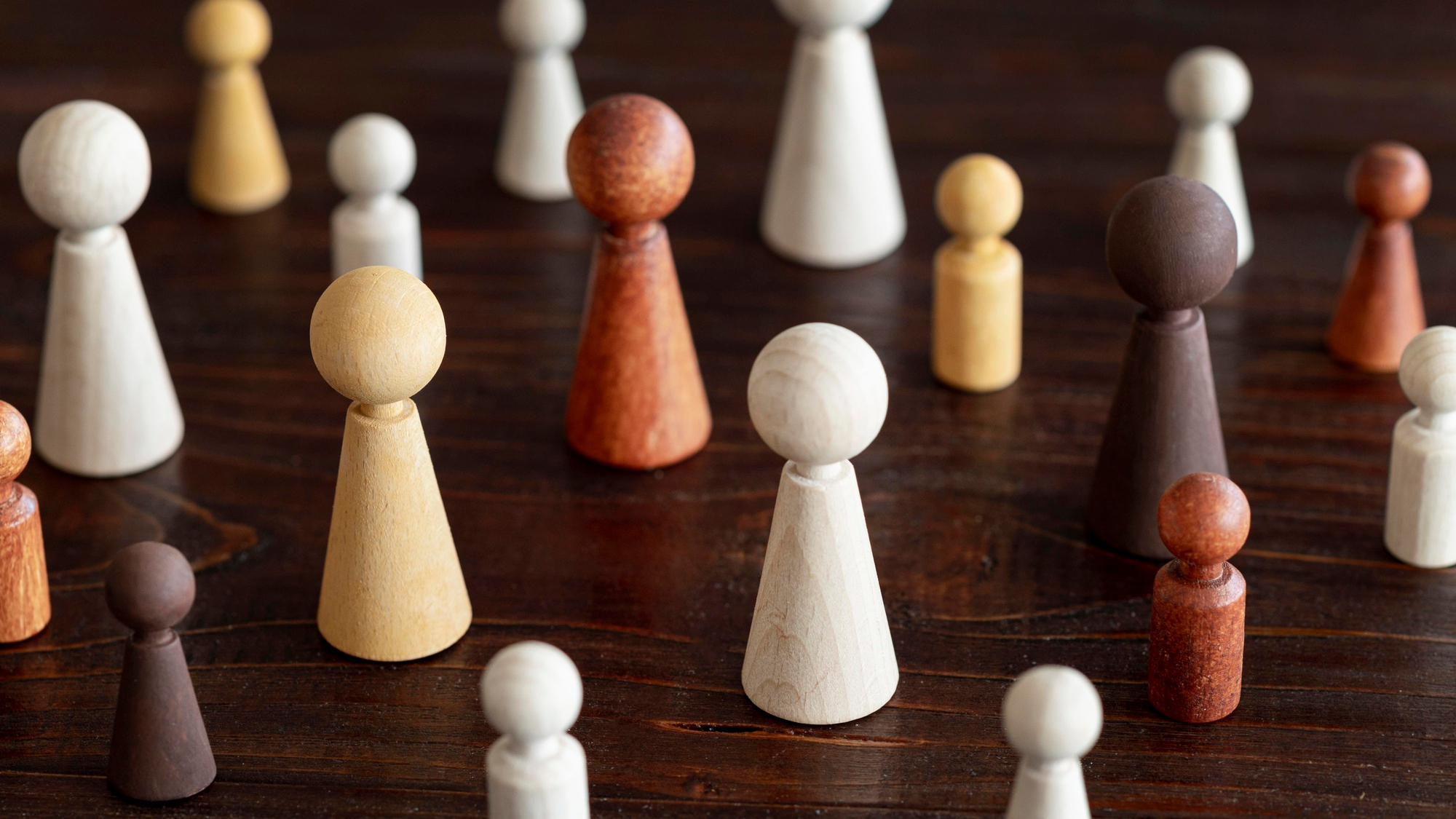
They tell you these days that certain types of people are predestined to be victims… Apparently explaining something… Victimized as the geeky kid, the odd one in the group…
But look closely, because: How large is the group, really?
How many make a lot of noise and ‘chase’, and how many don’t say anything, at all?
You will find the numbers at odds, too:
The majority – or rather the ‘loud’ ones – often are only those that fit into the ‘official picture’ that is prominent at a point in time.
During the 1960s and 1970s in Europe a new generation had raised an idea and made part of popular culture, what now has become part of marketing:
Dare to think different.
The previous generations had – often just by not caring – allowed millions of people be killed in two world wars that were actually ‘good’ for a few only, the rich, the wealthy – and the conglomerates.
Later, as I mentioned, until well into the 1980s, being careful, considerate and kind was actually ‘en vogue’.
These days it seems, it is ‘en vogue’ again, to be rich and famous…This in turn seems to call for a certain type of thinking, behaviour and mindset. As homogenous as possible. Any deviations from the ‘typecast’ creating irritation. Being different apparently allowing the apparent ‘majority’ to blame, chase or make victims of those that seem not to ‘fit’ what is called ‘mainstream’…
But, and here comes the ‘but’: Is it really?
Are all those people who do no agree with these ideas but keep quiet, perhaps the ‘silent majority’?
If that is true, we should rethink the currently prominent idea of the ‘victim type’, the ‘natural target’, as it is cruelly put sometimes, because that concept is the ‘devil an’ all’:
It blames the victims for being victims!
It aquits the real culprits from all responsibility: “I couldn’t help doing it, they are that type…”
It is important to have rules in a community to prevent harm, or even crime done!
In that respect we need to observe such rules, each and everyone.
Other than that, the call for conformity to an ‘ideal’ of behaviour or appearance can create mindless and even heartless human beings who live ‘exclusively’, instead of ‘inclusively’.
Perhaps people teasing and torturing others are the culprits, after all?
Men, Women, Emancipation – Beyond the Image…

Women have been subdued in patriarchal society for generations, even thousands of years. It’s been discussed and now almost common knowledge, and high time too.
But what about the secret life of men?
Aren’t they being used too, in many situations?
Of course, one might argue, as the ‘reigning’ part, not to say sex, they have all the ‘fun’: they are considered superior, always prepared, always the last to leave a sinking ship, saving everybody else first…They make the rules and the laws, they vote (used to vote solely).
Women have fought for that privilege:
In the famous movie about Danish writer Karen Blixen’s life in Africa “Out of Africa”, a lieutenant when WW I is about to start, tells the main character that they, the soldiers have come to rescue women and children.
Her curt reply:
“Is that one category, Lieutenant, or two?”
It tells you something about the feeling a person has when constantly forced to a stature of obedience and inferiority. Many women also for generations believed actually that woman is inferior to man. Less smart, less capable of looking after business…less able to learn about science or technology.
In this day and age almost no one around here ‘dares’ to argue this anymore.
Yet, the sandbox and its castle of male ‘games’ are very much alive… To some extent, being superior and always cool, calm and collected has become part of men’s biological setup, so it seems: To feel as a man properly, certain situations and emotions are crucial. Some even have imbibed the spirit to the extent that they become furious in situations that question their stature.
It is a sad story, too, though.
Men are not allowed to feel sorrowful. They are supposed to provide for the family, protect everyone except themselves and be ‘successful’, which usually means some kind of wealth and the means to build a house, have a car – and pay for the children’s education.
They are not supposed to grumble about it. On the contrary, with cheerfulness – or at least something amounting to it, calm in dangerous situations – and smartness anytime and every time, they are expected to be wonderful, passionate lovers, gentle fathers, considerate brothers and sons.
They are allowed other kinds of emotions only in times when sports events become dramatic: Their favourite team in football, soccer or baseball losing – men suddenly are allowed to cry. But only then.
Not even the death of a dying relative is supposed to make them show a chink in the armour…
Armour seems to be the operative word: An armour created of steel and glamour and heroism – when in truth, men are just as vulnerable, proud and sad in their hearts – and sometimes would much better like to just ‘pack it in’ – and run….
I am a woman writing this, trying to understand. A little. My own life has been marked by this yearning: To understand. For real.
I have also been raised that way by a smart and kind mother and father, each in their own way: Do not believe the superficial. Don’t run with the crowd, just because it is large and loud…
I have read more books in the course of my life than I have met people. Italian, French, German, Austrian, Polish, Swedish, Norwegian, Swiss, older and newer poets and novelists, Russian, British, Spanish, Greek, Turkish, US, Chinese, Japanese, African, Australian, Indian, South-American, Canadian, Middle-Eastern, you name it.
Yet, I have met heaps of people too.
One of my passions is to know about people – and know the truth. However painful it may become, at times.
The above about me is meant to show how I as a woman come to write this. I’d like to encourage men and women alike to not settle for half a life, for fear of being different.
Dignity – The ‘Top’…? – Unique Humans
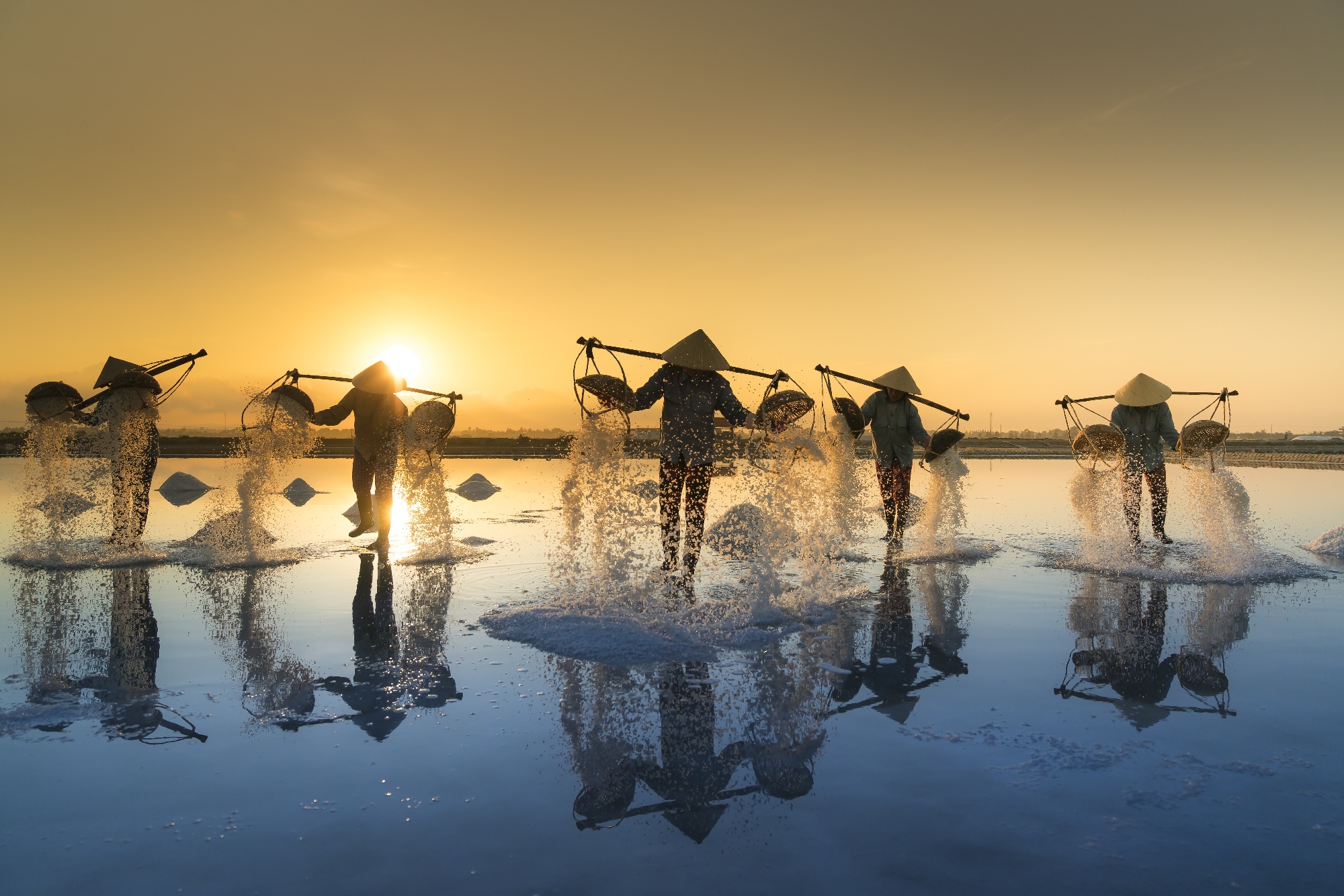
“Strive not to be a success, but to be of value.”
(Albert Einstein)
He was right.
It’s an age-old desire, a human aspiration, you might say, to be appreciated. Acknowledged. In that respect we are all more or less the same. In some cultures more than in others.
The difference starts with the values and means that are used to measure the level of acknowledgement reached.
In many Western countries you learn that the highest appreciation of society around comes with wealth. With the best possible results in learning and work. Being ‘at the top’. Wherever that is….
In other countries, being the ‘best’, being appreciated is based on the idea that you actually are a good part of the family and friends, society, around you. Learning, an ‘education’, might be part of that, too. Trying to do your best. But not in order to outshine everybody else, but to be the best possible, and responsible, caring person inside the group.
Why would we want to strive to be a ‘success’ in the eyes of the world around us at all?
Appreciation is a type of love, too. And love is the life-generating force in humans. Without it, we die. Some sooner, some later.
Life can be hard, sometimes almost unbearable. Many of us get the worst of it, in these pandemic times. So, to understand that feeling connected to people – feeling close perhaps, if you are lucky – can make life bearable again; but that may need suffering or sorrow.
The internal ‘glow’ starts here, the realization of yourself as a unique human being and at the same time a part of a group, a society, with values.
Those values that make life bearable and better, each day a little. The Human Rights Declaration has them.
That’s why once you understand what is really important, in hard times as well as in the good, easy, light-hearted ones, you will come to realize that Einstein was right:
“Strive not to be a success, but to be of value.”
Love – Human, Basic – Eternal?

Love is a human emotion. It’s one of the five basic ones. But its shapes are numerous: There’s friendship across and among the sexes, there’s love between parents and children and there’s romantic love, as well as bodily love, as the more ancient term has it.
Why would it be considered eternal?
Two very basic experiments and their results come to mind:
There was an ancient king, if I remember correctly, who was part of Greek mythology, although unfortunately his name escapes me at the moment: He wanted to know what babies really need to survive. He put a number of them into a secluded spot, where they were fed and clothed and taken care of – but not loved. They all died.
Now, as a myth, my readers might think, well…
But, in recent decades this has been confirmed in a most sad way: After WW II many babies were orphaned because of the war. Sometimes, just ‘lost’. But the same thing occurred and apparently people concerned found out by sad trial and error:
Babies that were kept warm, clean, clothed, well-fed, but unloved, not caressed or talked to, died. Healthy.
Consider what happens to grown-ups: when they feel ready to despair of love; lonely, depressed and devoid of hope, they suffer heart attacks and die. They may, tragically, commit suicide.
Hope is an emotion that is based on the idea that good will come. The confidence and trust that loved ones can invoke.
So, yes, in all the hard times that can be laid on human beings, and for all the hard ones I’ve seen, I still think, and consider myself lucky:
I’ve seen friendship, love, care of parents and relations. I’ve learned what helped me. Close to despair one day I met a person who without any apparent reason smiled at me, a warm smile. And suddenly I realized, what makes the sun rise in my heart:
Love, unconditional, in all its shapes.
The sound of it seems to be captured in the wonderful recording of Antonin Dvorak’s “From The New World”, his symphony no. 9, conducted by Ferenc Fricsay.
An excerpt of the most beautiful parts in the first movement here:
